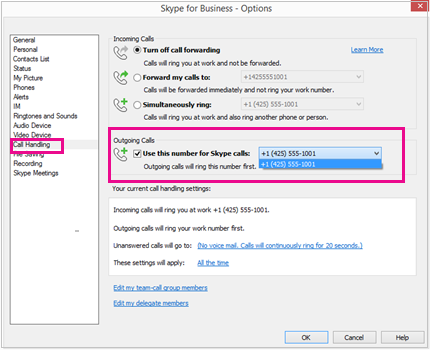Outlook Won't Access Skype For Business On My Mac

It’s finally here! Microsoft has at last released the new Mac client for Skype for Business. (Okay, it was released on October 26. But I was on vacation.) As soon as I saw the announcement, I grabbed a copy and one of our test Macs. The same Mac on which I’d tested the Skype Preview earlier in the year (and had several issues). Fortunately, the new Mac client installed & ran smoothly.
Once you are ready to delete your account you will be connected to a Customer Service representative who will perform some verification on the account before continuing with the account deletion. When your Skype account has been deleted, it won’t be possible to access the account.
Get the Mac Client Download Skype for Business on Mac here: (Curious note: Microsoft has a page up for Skype for Business apps:. The Mac client version available here? It’s still Lync for Mac 2011. Somebody didn’t do their update) So what do we have for our Mac friends?
The new client is, I’d say, a fair and equitable companion to the Windows Skype for Business client. There are some differences, and (as of now) a few limitations. But overall, I think our Mac customers will enjoy this client very much. What the Mac Client Has You wouldn’t expect any Skype for Business client not to have all the basics. The Mac client is no different. Presence status, IM, making/receiving phone calls, Meetings (Meet Now and Scheduled Skype Meetings), video calling, screen sharingall are included.
It even has a couple new features: One-click Meeting Join. Full-screen sharing.
All within a nice clean typical-Mac-UI interface. Being a Windows guy, I thought for a moment that they’d stripped out many of the options.
Until I realized that those options were available in the Skype for Business navigation menus instead. Which actually led me to finding some notable differences between client versions. Differences from Windows Client In keeping with the Mac’s “streamlined UI” motif, several items you’d find right away in the Windows client aren’t showing in the Mac client.
At least, not at a glance. For instance, Call Forwarding. You can set Call Forwarding options in 2 places on Windows – in Skype for Business’ Options, and in the Call Forwarding dropdown along the bottom of the Windows client. The latter option is not available in Skype4B on Mac.
You can only set Call Forwarding in the Preferences window, under Calls. (As you see here, setting your Voicemail Greeting is also under Calls.) Also, Device selection. Through which device will you make & receive calls? On Windows, Skype for Business lets you choose this in the same 2 places as Call Forwarding. On Mac, Skype for Business only lets you do this in Preferences, under Audio/Video.
By default, Instant Messaging windows open in the main Skype for Business window, under “Chats.” Chats also serves as Conversation History in the Mac client. (If you want separate windows for Instant Messaging conversations, check the “Show conversations in separate windows” box in the Preferences/General window.) Limitations & Known Issues This is a V1 client.
I’m sure Microsoft could have held it back longer for more feature additions, but they opted not to. Kind of glad they did; Mac users have dealt with Lync for Mac for too long. That said, the new Mac client does have limitations. A few features Windows users enjoy are not availableat least not at this stage.
• No Application Sharing (yet). • Persistent Chat is NOT integrated. • No Delegate management. • No initiating calls to Response Groups. • Call Park is not available. In terms of known issues, Microsoft has already published a list: One to note here: you can’t have both Lync for Mac and Skype for Business on Mac clients installed side-by-side.
The Keychain Access application will now appear. In the Utilities folder locate the Keychain Access application represented by a key-chain icon and click it to open it. How to find out password on mac for a program. Open Finder, click Applications on the left panel, and open the Utilities folder.
If you use Lync for Mac, uninstall it before installing Skype for Business. I came across one of the issues almost immediately. If you’re logged into Skype for Business with one account, but logged into Outlook with another, Skype Meeting functionality doesn’t come up in Outlook. Even when you’re logged in with the same account, you may need to use the “Online Meeting” button to add Skype Meeting URLs/dial-in numbers to a Meeting invite.